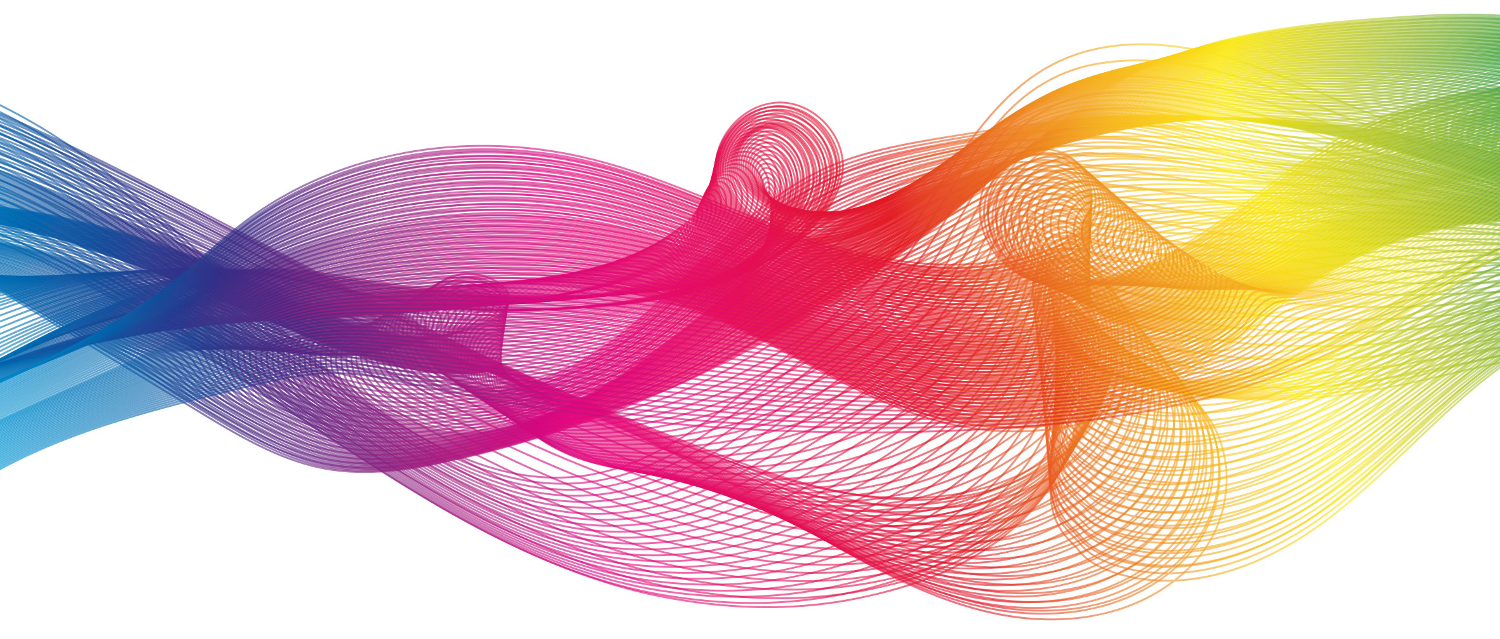KOFI MEMBER ANDREAS HEPP GIVES A TALK TODAY ON “AGILE SOCIAL EXPERIMENTS AND PIONEER JOURNALISM” AS PART OF THE WORKSHOP “FAIRDIENSTE: SCIENCE-PRACTICE DIALOGUE”.
The talk, fully titled “Agile social experiments and pioneer journalism: experiences from a project on social cohesion and local public sphere”, is part of the workshop “Fairdienste: Science-Practice Dialogue.” The workshop takes a look at digital journalism as an exemplary field in which the plurality of social values is negotiated and which is simultaneously shaped by data-economic business models. Andreas Hepp will present molo.news from the project “Tinder the city“. Workshop and talk we be in German language.
Kofi members Andreas hepp and Susan Benz together with Piet Simon published an article (in German) “Zwischen Utopie und Dystopie” in the current issue of the journal M&K Medien & Kommunikationswissenschaft.
The article’s full title is “Zwischen Utopie und Dystopie: Wie der öffentliche Diskurs über die Maker und Quantified-Self-Bewegung die Pioniergemeinschaften zu Treibern tiefgreifender Mediatisierung macht” and can be downloaded here.
From the abstract (in German)
“Gegenstand dieses Beitrags ist eine vergleichende Diskursanalyse der Berichterstattungüber die Maker- und Quantified-Self-Bewegung in der deutschen und britischen (Online-)Presse für die Jahre 2007 bis 2019. Der Analyse liegt eine dreifache Fragestellungzugrunde: In welchem Umfang sind diese beiden Pioniergemeinschaften Gegenstand eines öffentlichen Diskurses? Welche Diskursmuster werden in der Berichterstattung über die Pioniergemeinschaften greifbar? Und was lässt sich hieraus für den Stellenwert einer solchen Berichterstattung für Prozesse der tiefgreifenden Mediatisierung folgern? Im Kern zeigt der Beitrag, dass – über beide Untersuchungsländer hinweg – der Diskurs um die Maker-Bewegung in der Tendenz utopisch orientiert ist, während der Diskurs um die Quantified-Self-Bewegung eher dystopisch orientiert ist. Gemeinsam ist beiden aber, dass Technologie ein hohes Potenzial für eine einseitige gesellschaftliche Veränderung unterstellt wird, was der „Kalifornischen Ideologie“ der San Francisco Bay Area entspricht. Allgemeingesellschaftlich wird so ein Imaginationshorizont konstruiert, in dem sich dann die Menschen im Alltag mit ihrer eigentlichen Aneignung von digitalen Medien- und Kommunikationstechnologien positionieren.”
A NEW WORKING PAPER BY KOFI MEMBERS ANDREAS HEPP, WIEBKE LOOSEN, HENDRIK KÜHN, PAUL SOLBACH AND LEIF KRAMP HAS BEEN PUBLISHED IN THE “COMMUNICATIVE FIGURATIONS | ZEMKI WORKING PAPERS” SERIES IN GERMAN LANGUAGE..
The article is entitled “Die Figuration des Pionierjournalismus in Deutschland: Akteure, Experimentierbereiche, Dynamiken” and can be downloaded here.
Further Communicative Figurations | ZeMKI Working Papers can be accessed here.
THE TWO KOFI MEMBERS ANDREAS HEPP AND Susan Benz (born Alpen) Together with piet simon publish a research article on the The coverage on the Quantified Self movement in Germany and The United Kingdom from 2007 to 2018.
The essay was published in the academic journal “Communication”. From the abstract:
“This article presents the results of a discourse analysis of press coverage on the Quantified Self (QS) movement in the German and British (online) press between 2007 and 2018. The analysis is driven by two questions: What discursive patterns can be discerned within this coverage? And, what characterizes the translation of the experimental practices and imaginaries of this pioneer community into an overall societal reflection of deep mediatization? In essence, the article shows that the QS movement becomes a ‘general signifier’ for a dystopian view of deep mediatization. So, while the QS movement itself understands its practices and community as self-empowering, self-reasoning, and experimental, the constructions of the QS movement in public discourse suggest the opposite. Paradoxically, however, another basic imaginary of the pioneer community is adopted and confirmed, namely that of the (simple) mutability of society as a consequence of digital media technologies.”
The essay is available open access in full here.
THE CURRENT ISSUE OF M&K, WITH A SPECIAL FOCUS ON “RESEARCH SOFTWARE IN COMMUNICATION AND MEDIA RESEARCH,” INCLUDES CONTRIBUTIONS FROM SEVERAL KOFI MEMBERS.
In their introduction to the special issue “Beyond the Computational Turn: Methodological Development and Research Software in Communication and Media Studies,” Andreas Hepp, Wiebke Loosen and Uwe Hasebrink emphasize the increasing importance of research software in communication and media studies to support various methodological approaches. In another article entitled “Co-Creation as a Development Method: On Possibilities and Limits of Participatory Research Software Development Using the Example of
the Sorting Software MeSort and Diary Software MeTag”, Florian Hohmann describes experiences with the co-creation approach from a research software project at ZeMKI.
M&K has recently become an open access journal and is available here.
